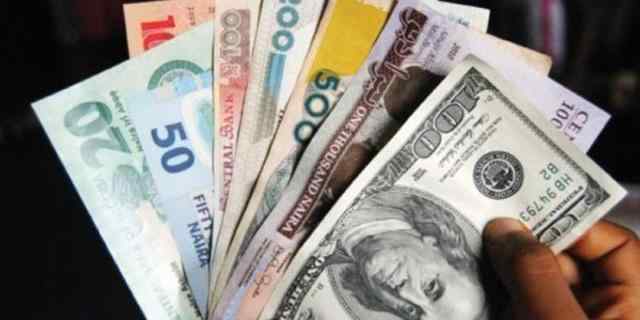Documents Needed for International Money Exchange

Have you ever had to send money internationally? If so, did you know that there are certain documents you might need to do it? We’ve compiled the most commonly requested ones into this handy list of eight documents you might need for an international money exchange.
Documents Needed for International Money Exchange
Read on to find out which ones they are and why they’re required! Of course, you never know when these tips might come in handy.
Traveling Out of the Country
If your parents or relatives are visiting, they may be bringing extra cash with them if you want to treat them to a meal out or splurge on some excellent gifts. But if they’re trying to send money to their family back home and don’t have access to a traditional bank, Western Union can help. By finding nearby Western Union locations, your relatives can wire any amount of funds they want.
Transferring money overseas isn’t always as easy as it sounds. So before sending that transfer, make sure to check what kind of documentation you’ll need to send and receive money internationally. In addition, currency regulations and high fees vary from country to country.
What You’ll Need for an International Wire Transfer
Most countries have a bank or currency control that requires verification when transferring funds outside of their borders. For example, some may require the following to make transfers from your local country.
Social Security Number (SSN)
If there is a discrepancy between what is on file and your information, an institution will require a copy of your driver’s license or passport that lists your correct SSN. In addition, they must validate that you are in control of your Social Security account. If the institution cannot find such documentation, it will delay the process and contact Social Security to verify your identity.
Passport or Driving License
The first two things you need when making an international money transfer are a photo of your passport and a copy of your driver’s license. These are proof that you are legally allowed to take out funds from your account, plus they ensure that both banks involved in a transaction have identified who’s on either side of it. Getting them photocopied will cost you some time and hassle, but knowing they’re there is worth it if they save you some trouble later.
Tax Statement (W2, 1040, 1099)/Bank Statement/Salary Slip
The first thing any bank will ask to verify your income is a tax statement. If you’re looking to transfer $10,000 or more, getting it in writing from an employer is highly recommended. Otherwise, your bank may look at your financial situation and consider whether you can make such a large transfer.
Providing the documentation mentioned above helps prevent money laundering, so it’s crucial to ensure that you have these documents ready before attempting a transfer. Failure to provide these forms can cause you to lose access to your funds or be unable to transfer them.
The banking industry has a long way to go before it reaches its goal of becoming frictionless. Unfortunately, there are still too many confusing regulations and procedures that must be adhered to, not to mention third-party service fees.
See More: 10 Best Investment Ideas for Millennials

